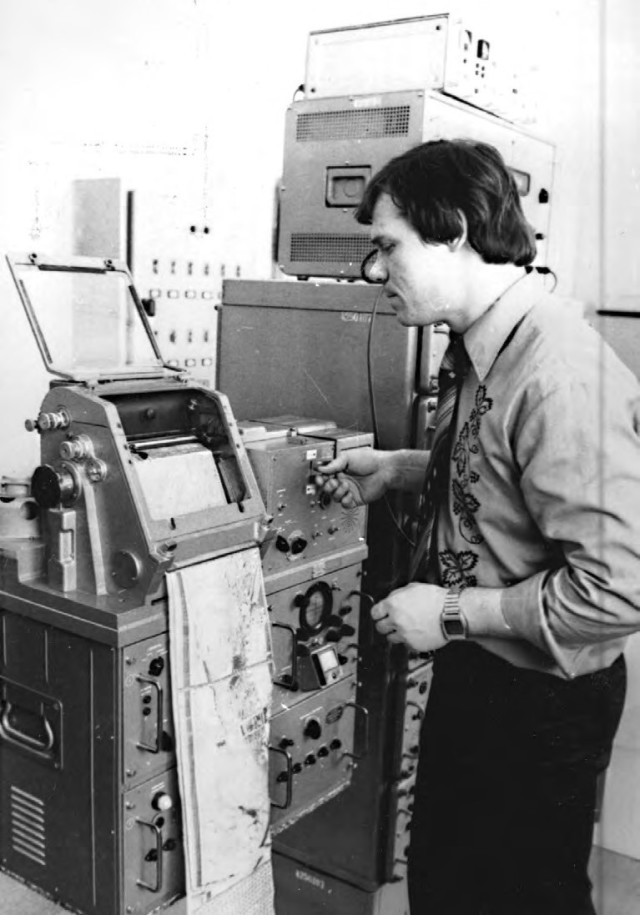Among them are technical reports on ground tests and preparation for spacecraft launches, reports on electrical tests, flight assignments, letters from the Director of the Space Research Institute of the Russian Academy of Sciences
MOSCOW, March 1. /tass/. On the day of the 40th anniversary of the soft landing of the Soviet automatic interplanetary stations Venera-13 and Venera-14, Roscosmos published declassified documents on the preparation and implementation of this program. This is stated in the message of the state corporation, distributed on Tuesday.
"40 years ago, on March 1 and 5, 1982, the automatic interplanetary stations Venera-13 and Venera-14 made a soft landing on the surface of Venus in different parts of the planet and provided new, previously inaccessible data <...> Today Roscosmos publishes a number of declassified documents on the preparation and implementation of this program," the message says.
Among the published documents are technical reports on ground tests and preparation for spacecraft launches, reports on electrical tests, flight assignments, flight reports, letters from the Director of the Space Research Institute of the Russian Academy of Sciences and other documents.
These missions to Venus were the first interplanetary stations equipped with microphones. They registered the wind speed on the surface, aerodynamic noise during descent, landing sounds, lens caps separation, drill noise and other sounds accompanying the operation of the lander.
"During the tests, everything was provided for: temperature differences, large overloads, vacuum, weightlessness, vibration, extraordinary heat around and pressure a hundred times higher than Earth's. Thanks to this, "Venus-13" worked on the surface of the planet for 127 minutes, "Venus-14" - 57 minutes, which turned out to be four times and twice as long as planned, respectively," Roscosmos said in a statement.
Venera-13 was launched from the Baikonur Cosmodrome on October 30, and Venera-14 was launched on November 5, 1981. The flight programs of the vehicles were implemented successfully and in full.

